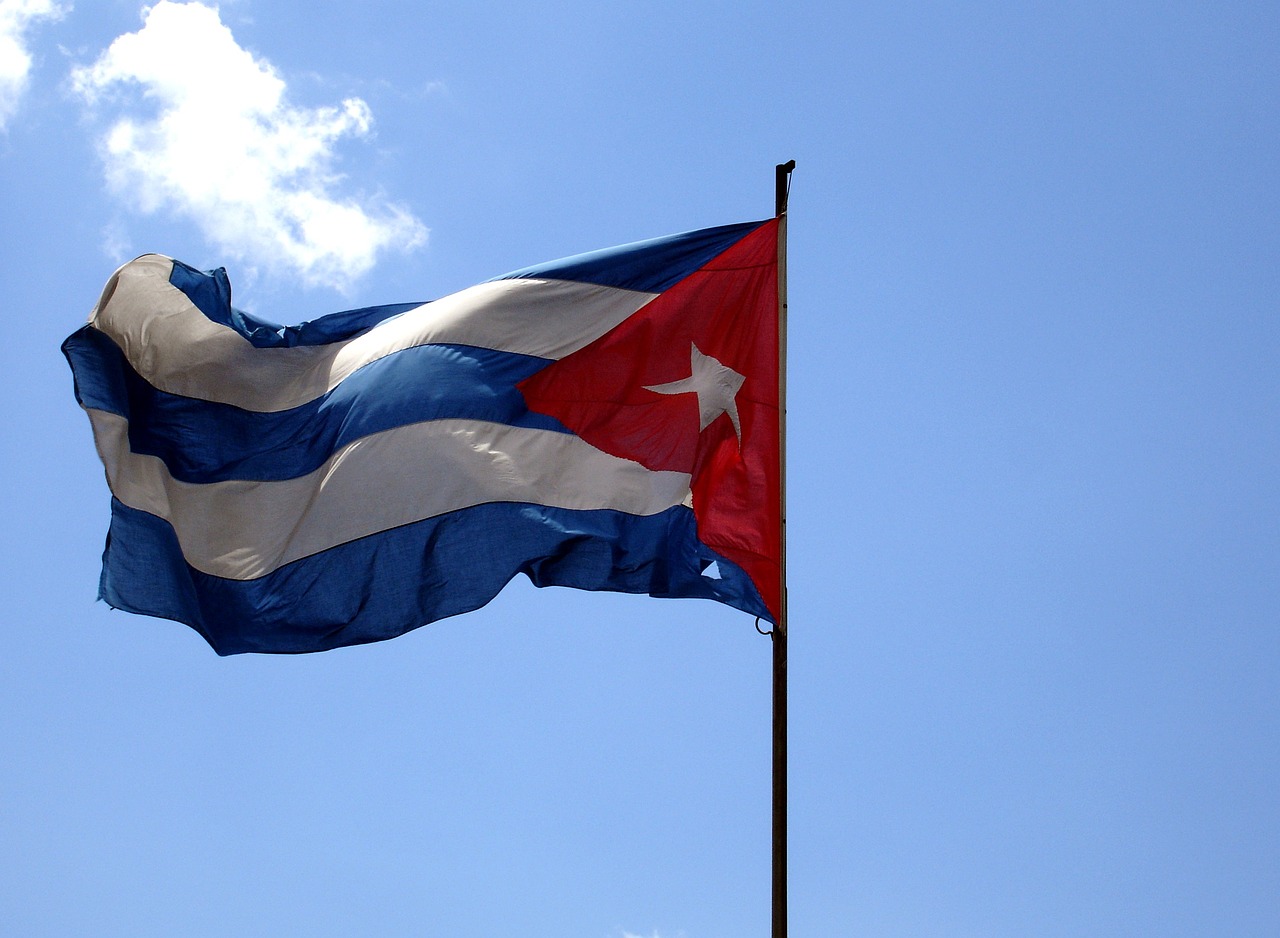
Alfredo Durán served 18 months in a Cuban prison after the 1961 Bay of Pigs invasion. Otto Reich served as an ambassador under both President George W. Bush and President Ronald Reagan.
Professor Jaime Suchlicki moderated a panel featuring both distinguished speakers. The panel, held on Sept. 21 at Casa Bacardi by the Institute for Cuban and Cuban-American Studies, discussed the possibility of changes in U.S.-Cuban policy.
Both Reich, a Republican, and Durán, a Democrat, are prominent figures in and outside of the Miami community.
Durán, a lawyer in Miami, was one of the Cuban exiles who worked with the CIA to try to overthrow Fidel Castro. From serving as the chairman of the Florida Democratic Party to sitting on various Democratic National Committee commissions, Durán has a history with the Democratic Party.
Reich, now a consultant, has also been involved with the Republican Party for years. He left politics in 2004 but has long-standing experience with foreign policy and Cuba.
One of the topics discussed during the event included the U.S. embargo on Cuba. The embargo, a ban on any commercial trade deals with Cuba, was set by President John F. Kennedy during the Cold War.
Reich agreed with the use of the embargo. He said the ban was successful in bankrupting the Soviet Union, therefore, serving its purpose. Reich believes that the purpose of the embargo was never to overthrow the Cuban government.
Durán, on the other hand, said the Cuban government would use the U.S. embargo as an excuse for the country’s poor conditions including civil rights abuses. He said, if it were up to him, he wouldn’t communicate with the Cuban government over the embargo.
“I would lift the embargo without even talking to the Cuban government, just ignore the Cuban government,” Durán said he once advised President Barack Obama.
With a next presidential administration weeks away from election, Durán said he doesn’t have hope for change in policies.
Reich contended if Hillary Clinton were to be elected, she would not be “emotionally committed to the opening of Cuba.” He also said that Hillary would not do as much with Cuba as Obama did, nor would she reverse the embargo, leaving U.S.-Cuban relations as they currently are.
However, Reich, although not a Trump supporter, said that Trump will reverse the embargo when Raúl Castro agrees with his demands. This is more of a plan than Clinton has, according to Reich.
“All of the concessions that Barack Obama has granted the Castro regime were done through executive order, which means the next president can reverse them,” said Reich.
Trump’s platform says he will reverse those concessions unless the Castro regime meets American demands, including religious and political freedom for Cubans.
Reich says the only way to change the U.S.-Cuban relations under a new administration is to get Trump elected. Meanwhile, Durán believes neither candidate will change Cuba because of Congress.
“There is no discussion neither within the Democratic nor the Republican Party about Cuba at all, unfortunately. Cuba is completely out of the picture, at least for this election cycle; nobody talks about it, nobody cares about it and basically it is not going to impact the election,” said Durán.
Reich also believes that Congress will not make any progress on Cuba due to the inefficient nature of their work.
In an area with a large population of Cuban and Cuban-Americans, the audience was divided on the sensitive issue. Whether Trump or Clinton is elected, one thing the audience could agree on: they want to see Cuba free from Castro’s decades-long dictatorship.
Correction, September 29, 2016: The online headline previously read, “Professor discusses U.S.-Cuban relations after election.” The headline has since been updated to better reflect the nature of the event and to match the print version of the headline.





